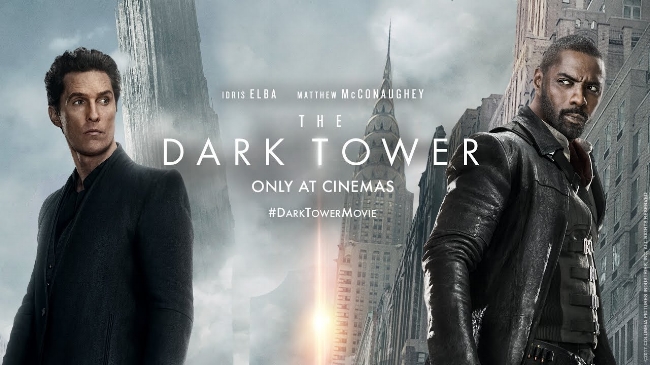Soldier Blue (1970)
Soldier Blue is an American Revisionist Western from 1970, directed by Ralph Nelson, telling a fictionalised account of the events surrounding the 1864 Sand Creek massacre in the Colorado Territory. It was written by John Gay based on the novel "Arrow in the Sun" by Theodore V. Olsen and starred Candice Bergen, Peter Strauss, and Donald Pleasence. The title song was performed by Buffy Sainte-Marie. Released during the height of the Vietnam War against the backdrop of the Mỹ Lai massacre, it provided a depiction of a notorious incident in the history of the American frontier, in which troops massacred an undefended village of Cheyenne and Arapaho Indians. The film creates a back story involving the escape of white survivors from an earlier massacre of U.S. Cavalry troops by Indians. The film was controversial at the time not only as a revisionist western but for its graphic levels of violence. Director Nelson, pushed the depiction of the violence to new levels, showing graphic rape scenes, as well as "realistic" atrocities.
Forty-eight years later, what is the current opinion of this film? Well an integral aspect of any film review is the prevailing social mood and context at the time of release. Seventies America looked upon this piece of work with very different eyes than today. Liberal, anti-establishment sentiment was still not totally acceptable by the mainstream. America had still not come to terms with its past relationships with its indigenous people. In that respect Soldier Blue was considered to be quite an outspoken and radical piece of cinema, that despite its shocking nature, still had a social conscience. Soldier Blue gained a reputation, that followed it over the years, but overtime the focus on the films politics was lost. When I was growing up in the early eighties amid the "video nasties" witch hunt in the UK, this film was mentioned in the same breath as The Exorcist, Zombie Flesh Eaters or A Clockwork Orange and its political agenda was forgotten.
Considering the film with a more contemporary outlook, Soldier Blue is an awkward mixture of heavy-handed pacifist arguments, with such clichés as the cavalry riding roughshod over the American flag, light comedy and brutal violence. It is very much of its time in its approach to its subject. The female lead is an outspoken feminist and the young cavalry officer a naive puritan. The social stigma of a woman captured by Indians is explored and the military are painted as degenerate, homicidal rapists, run by cruel leaders with a genocidal agenda. Roy Budd's soundtrack is oddly inappropriate and misleads the audience as to the films tone. The films ending is still powerful but is not as visually shocking as you may anticipate. The depiction of violence and its acceptance into all aspects of mainstream TV and cinema really has softened the impact of the climatic massacre. On a purely technical level, special effects have improved so much over the decades. But it is the change in public perceptions toward violence itself, that makes an overall difference. I'm sure that if a group of contemporary teenagers were to watch this film, a percentage would simply not be moved or shocked by what they saw. However, I'm sure that an audience of a more senior nature, particularly parents may still be distressed by what they saw.
To truly appreciate the emotional impact of the films ending, you need to have a grasp of the historical legacy of the Native Americans and a sense of social conscience. Ralph Nelson film, being a product of its environment and time, may not necessarily connected to a modern audience. Over the years, there have been numerous releases of Soldier Blue in censored versions. In the UK, the current DVD release is still incomplete, missing much violence and several horse stunts that have been deemed cruel. However, the US Region 1 release is uncut, as is the Region 2 German copy. There are also Blu-ray releases featuring the uncut print of the film. Soldier Blue is a clumsy yet sincere piece of cinema. It tries to over simplify a historical incident so that it can draw parallels to the ongoing political misdeeds of its own time. It is of interest mainly due to its significance in the evolution of modern cinema. Falling between stools it remains a misguided curiosity and essentially a talking point among film historians.








